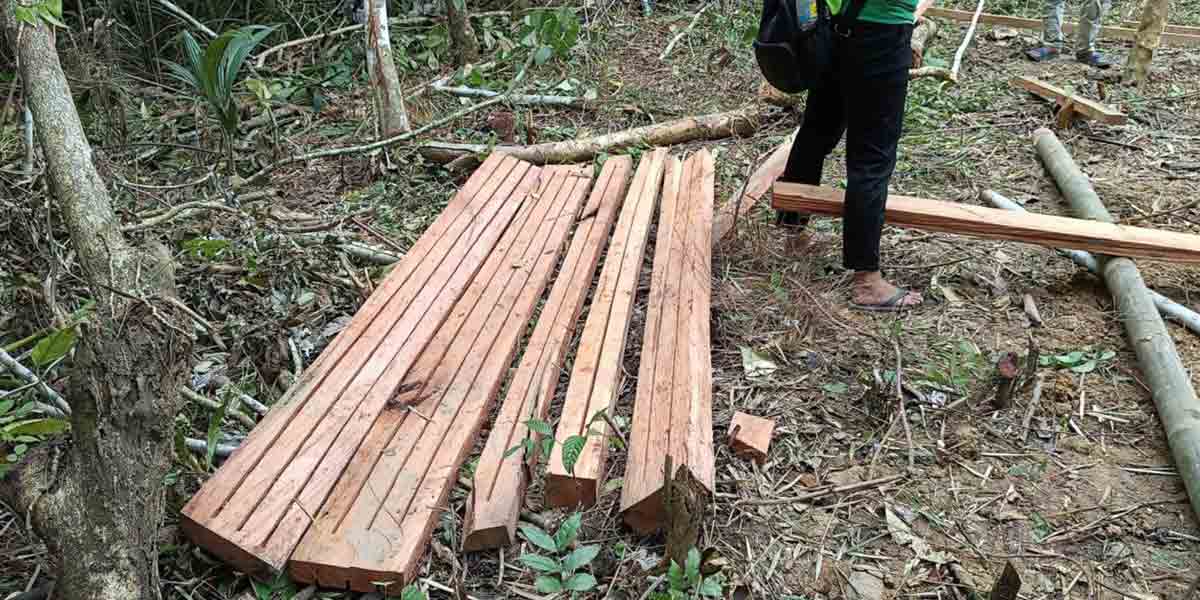The ongoing debacle with the Aganan and Ungka Flyovers in Iloilo presents a critical moment for the Department of Public Works and Highways (DPWH) to reevaluate its operational and oversight mechanisms.
The recent developments, as reported by Engr. Sanny Boy Oropel, highlight a distressing gap between the intended design specifications provided by United Technologies Consolidated Partnership (UTCP) and the actual construction outcomes. This has resulted in significant delays and safety concerns that have understandably frustrated both commuters and local government officials.
The Pasig City-based firm, United Technologies Consolidated Partnership (UTCP), tasked by DPWH’s Bureau of Design (BOD) with the detailed engineering design of these structures, appears to have failed in delivering reliable infrastructure. It’s alarming that after substantial structural weaknesses were identified, including foundations sinking by more than a foot, the regional office still requires additional funds to engage third-party consultants to rectify these critical errors.
This dependency on external consultants raises serious questions about the initial assessments and competencies within the DPWH’s framework. It suggests a disconnect between the project’s commissioning and its execution, exacerbated by a lack of proactive measures from the responsible parties. The need for an additional ₱10 million to ₱15 million to fund these consultations underscores a broader issue of resource allocation and financial oversight that must be addressed.
It is imperative that the DPWH central office in Manila steps in not only to mitigate the current crisis but also to ensure such discrepancies do not recur. There must be accountability: UTCP must be held responsible for the discrepancies in its deliverables, and officials who greenlit these deficient designs must also be scrutinized. This includes revisiting and potentially revising the protocols that allowed such critical oversights.
Furthermore, there’s a pronounced need for the central office to reassess the autonomy and authority granted to regional and district offices, especially in the context of large-scale projects.
What makes the situation even more challenging is the procedural bottleneck caused by the hierarchical decision-making structure within the DPWH. The need for regional offices to defer to the central office for projects above a certain budget threshold—as stipulated by DPWH Department Order No. 250 series of 2022—has clearly contributed to the inefficiencies and delayed responses to emerging issues.
Under the said department order, DPWH regional offices have authority over projects valued between P150 million and P400 million, while projects exceeding that amount fall under the central office’s jurisdiction.
The current predicament in Pavia, where the regional office appears shackled by bureaucratic limitations, is unacceptable. The DPWH must ensure that its regional bodies are empowered to manage and rectify issues without undue delay or the need for central office intervention for every critical decision.
The residents of Pavia and users of these flyovers deserve better. They need assurance that public infrastructure, vital for their daily commutes and overall well-being, meets the highest standards of safety and functionality. The DPWH’s response to this crisis will not only impact the immediate future of Iloilo’s infrastructure projects but will also set a precedent for how such issues are handled nationwide.
The DPWH central office’s handling of the Aganan and Ungka Flyover projects must serve as a wake-up call. It is not enough to merely fix the current problems; systemic changes are required to prevent such issues in the future. It must review and tighten its project oversight mechanisms, ensure rigorous quality controls are in place, and enhance the capabilities of regional offices to handle complexities inherent in large infrastructure projects.
Through enhanced accountability, improved protocols, decentralized authority, and better communication, the DPWH can restore public confidence and ensure the safety and reliability of the nation’s infrastructure.
























